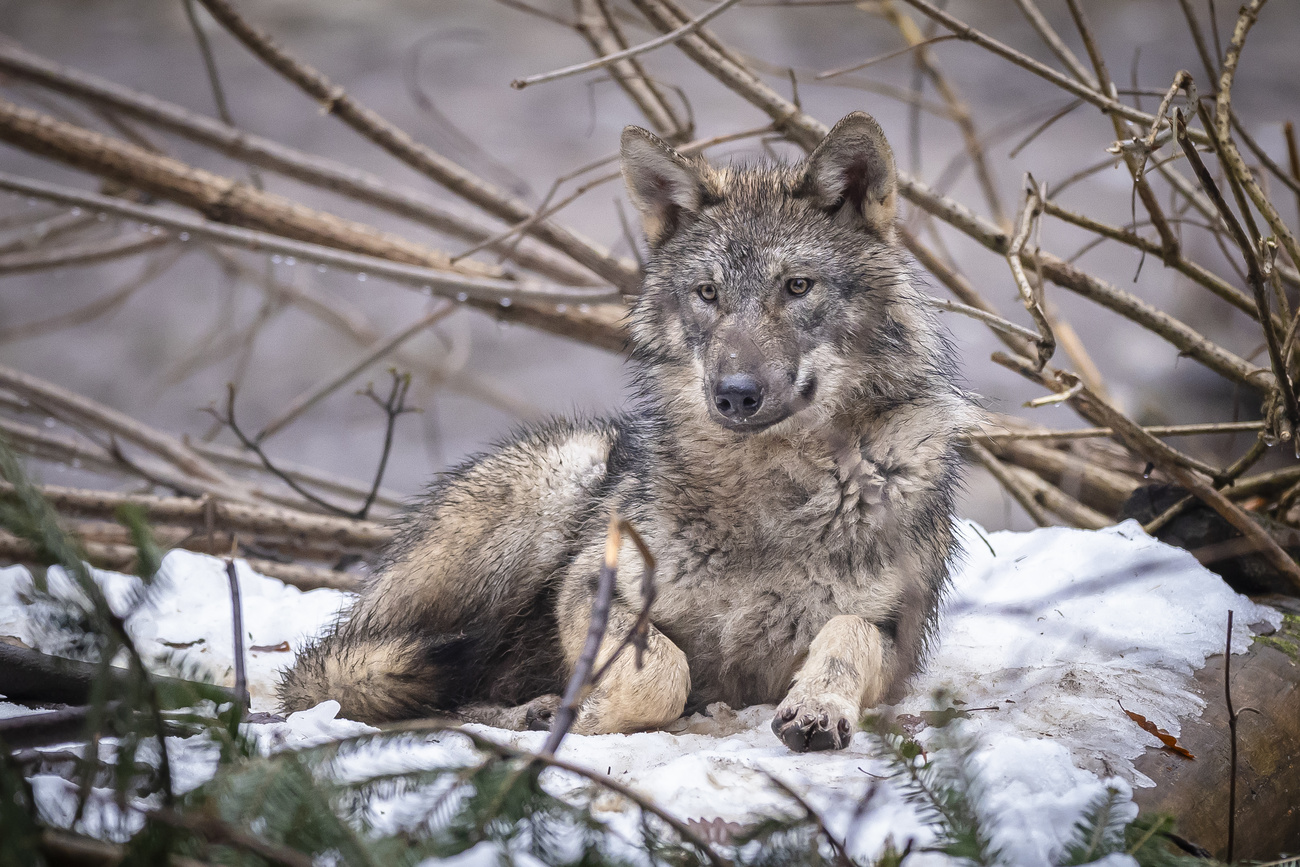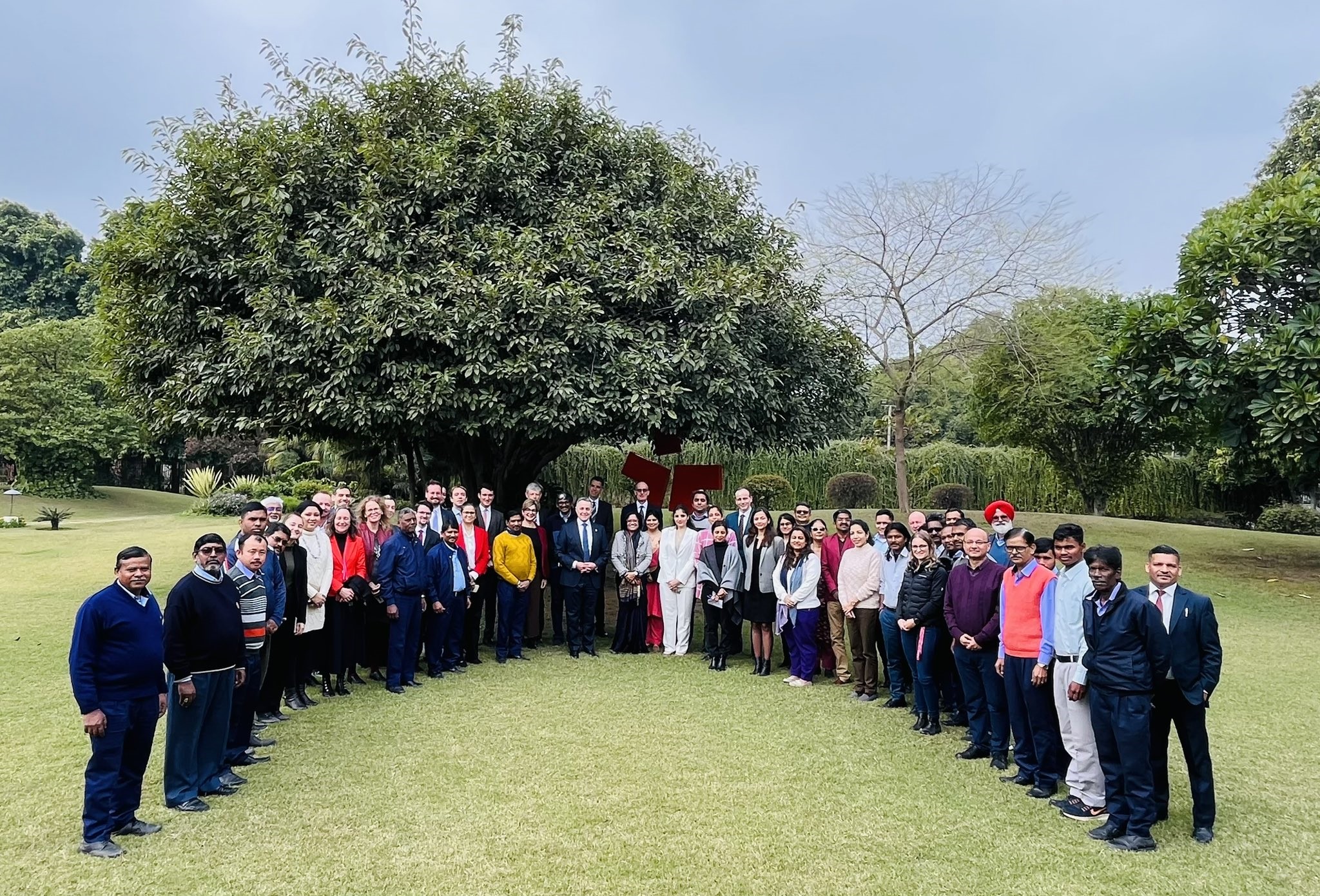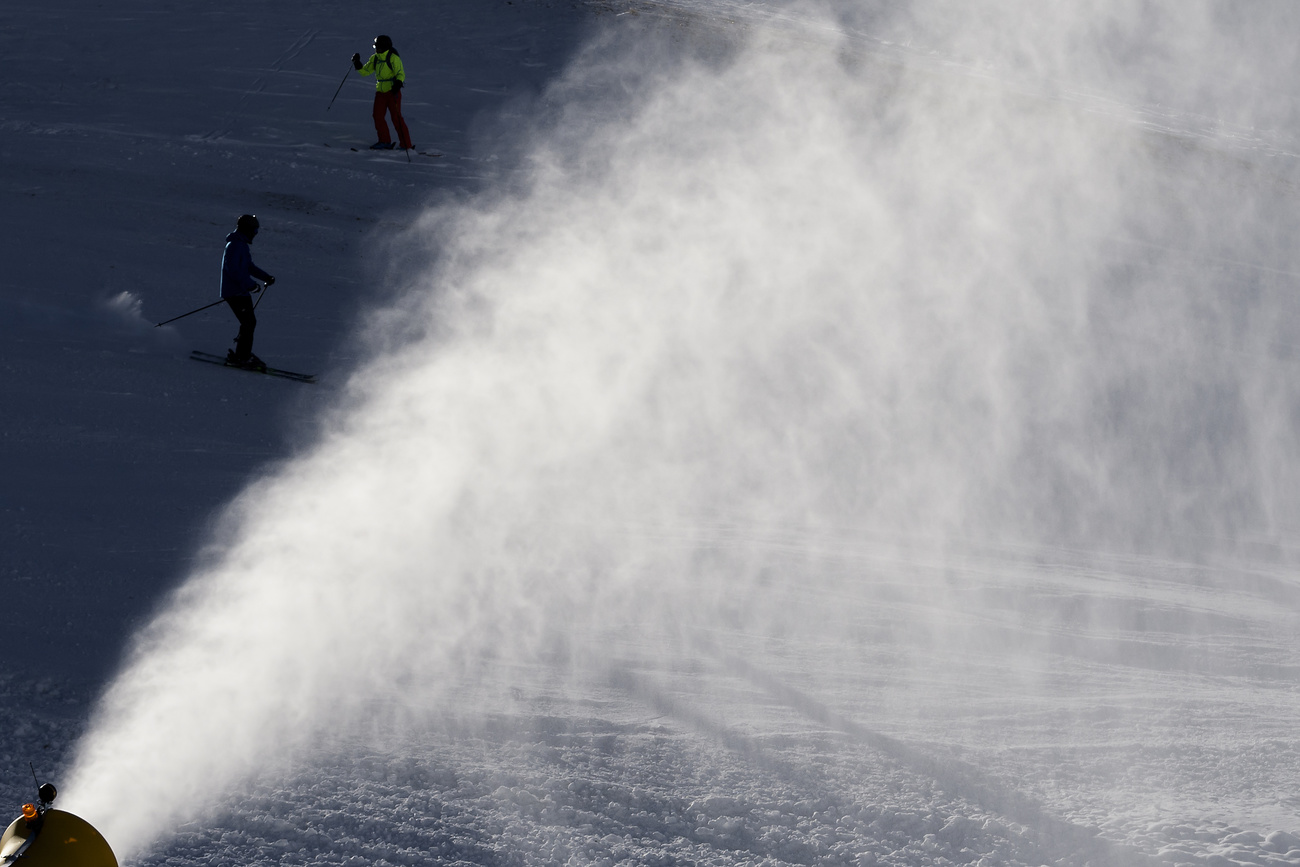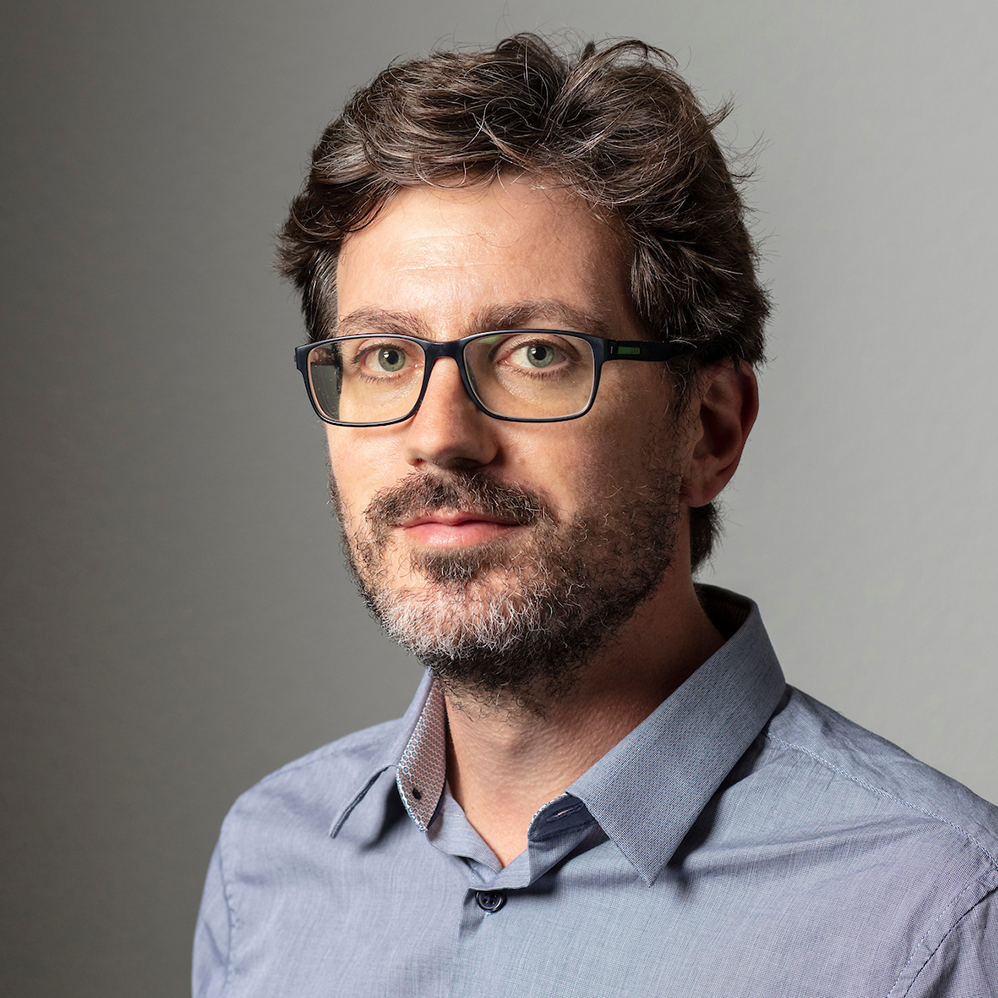
Switzerland Today
Dear Swiss Abroad,
Lausanne has been the talk of the ballet world these past few days. Young upcoming talents shone at the annual Prix de Lausanne international ballet competition last week. In Saturday’s finals, the jury selected nine winners from 86 dancers.
They took place the day after the prestigious Bejart Ballet Lausanne dismissed artistic director Gil Roman in a “zero tolerance” move.
Read on for more news and stories from Switzerland today.

In the news: welfare payments, labour market, measles outbreak and wolf culls.
- Swiss welfare payments were down to CHF207.8 billion in 2022 (–2.0% compared to 2021), new figures showExternal link. But they still remain 6.7% above the pre-Covid level.
- The Swiss labour market remains in good shape. The job market is expected to weaken slightly at the start of the year, but overall it should perform well in the coming quarters, economists at the federal technology institute ETH Zurich predict.
- Officials and civil servants in the United States and Europe, including Switzerland, have signed a statementwarning that their own governments’ policies on the Israel-Palestinian war could amount to “grave violations of international law”.
- The Swiss hospitality management school Ecole Hotelier de Lausanne (EHL) has been forced to close its campus in Lausanne for two weeks after cases of measles were discovered among students.
- Canton Graubünden in eastern Switzerland had shot 20 wolves by January 31 this year, it reported today. The canton originally had wanted to shoot 44 of the at least 90 wolves living in Graubünden.

Swiss foreign minister begins Asia-Pacific tour.
Switzerland’s foreign minister, Ignazio Cassis, is off on a four-day whirlwind tour of the Asia-Pacific region. He is visiting his counterparts in India, China, South Korea and the Philippines to strengthen bilateral ties and in particular to drum up support for Swiss peace efforts in Ukraine.
The Swiss minister arrived in India today, where he is due to discuss economic relations and bilateral cooperation in the fields of education, research and innovation. Switzerland plans to support the reconstruction of Ukraine by organising a future peace conference and believes it will be successful if a wide range of countries take part, in particular BRICS+ members such as India, South Africa, Brazil and Saudi Arabia. China, which has maintained links with Russia, is also seen as a key ally.
In 2024, Switzerland and India are celebrating 75 years of diplomatic relations. The meeting follows the announcement in January 2024 that after several years of discussions, Switzerland and India had agreed on the “broad outlines” of an EFTA-India trade agreement.
Cassis will then travel to the South Korean capital Seoul to discuss global security issues. South Korea and Switzerland are currently both non-permanent members of the United Nations Security Council.
He will then fly to Beijing, China, where he will meet Wang Yi, director of the Central Foreign Affairs Commission Office of the Communist Party and minister of foreign affairs. The visit is part of the annual strategic dialogue between the two countries’ foreign ministers. In mid-January Chinese Premier Li Qiang visited Switzerland, signalling a renewal in Sino-Swiss ties and the kick-off of a “high-level exchange” with Europe. Cassis’s agenda will cover bilateral issues, including human rights and the international security situation, in particular the war in Ukraine and the situation in the Middle East and on the Korean peninsula.
The last leg involves a visit to the Philippine capital Manila. The Swiss government wants to further consolidate and strengthen relations. This will be the first visit to Manila by a Swiss minister since 2008. Talks will focus on economic ties, peacebuilding in the Philippines, human rights, and the geopolitical situation in the region.

Unfavourable February ski conditions?
Could the February ski holidays in Switzerland soon be a thing of the past? There may have been big dumps of snow earlier this year, but the skiing conditions are not looking ideal this February, according to Le Matin DimancheExternal link: a combination of warm weather, not enough snow and too many holidaymakers converging on the resorts at the same time.
High-altitude resorts like Zermatt or Verbier don’t have much to worry about. But at lower altitudes it’s another question. Those at mid-altitude are particularly hard hit at the moment. It’s too hot for the snow cannon to work and the snow quality varies between icy in the morning and soft in the afternoon.
Resorts must increasingly rely on snow cannon – 54% of Swiss slopes used artificial snow in 2021/22. They remain controversial, however. Critics say the cannon and reservoirs damage the environment and waste energy. The actual snow cannon costs CHF50,000 ($52,900), but added to this is the cost of the underground pipes for water and air and other infrastructure, and electricity.
More

In compliance with the JTI standards
More: SWI swissinfo.ch certified by the Journalism Trust Initiative

